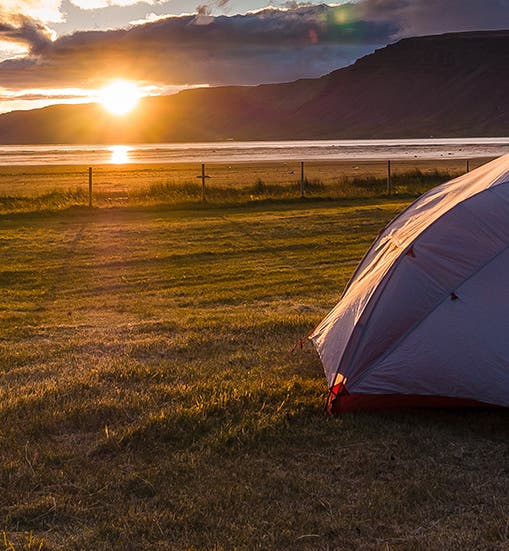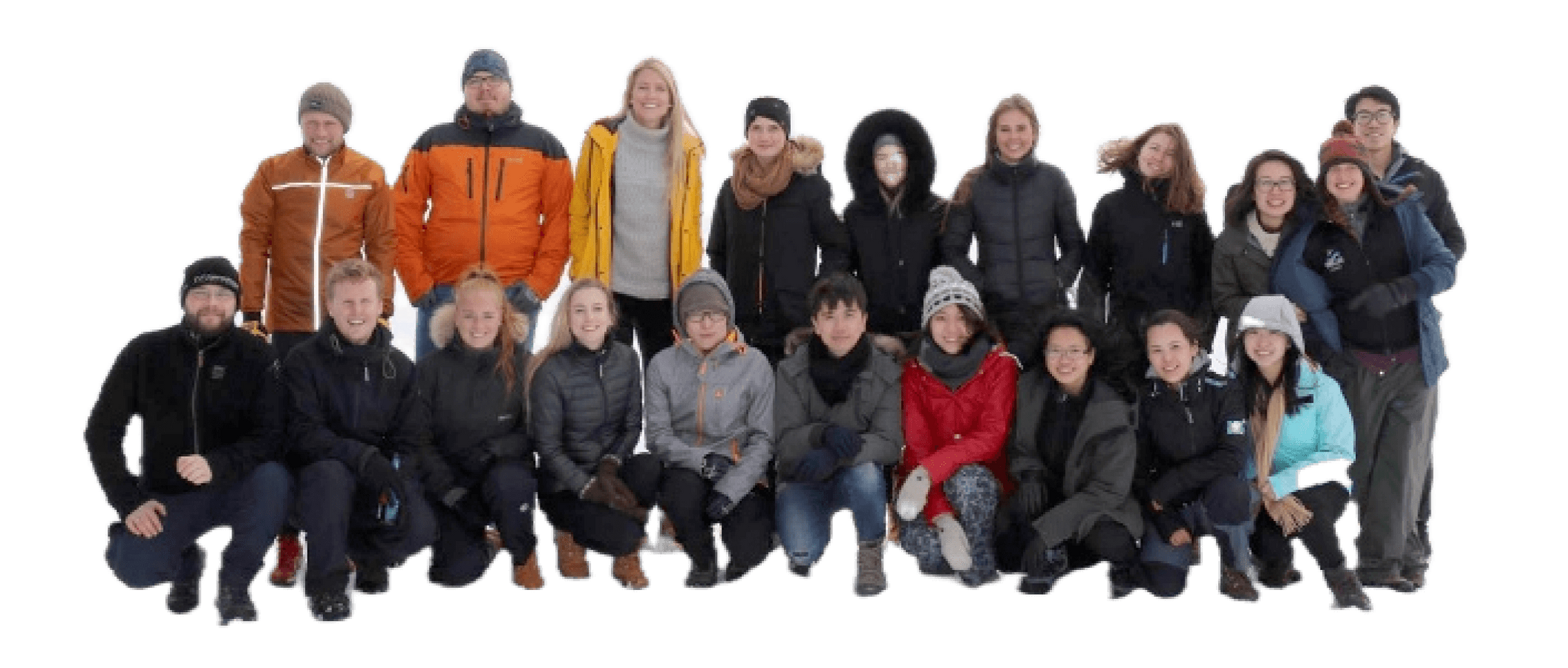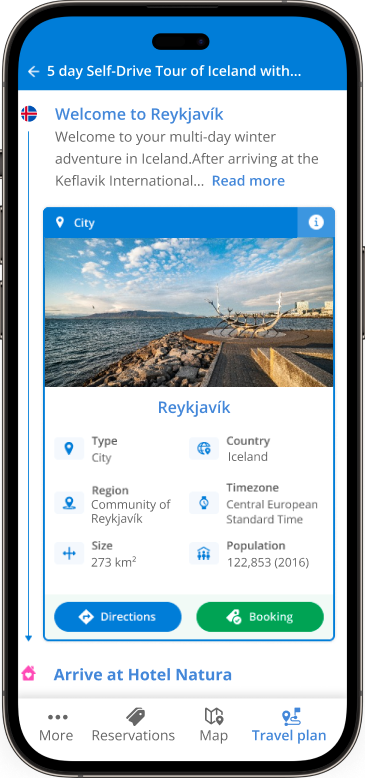
Polina Inkoulova
Kike was amazing guide and we had super great experience - hiked a lot, saw a lot and had a lot of fun time with the guide and rest of the group. Would highly recommend and return for more hiking. Thank you

Choose your perfect Icelandic experience
Select dates
Add travelers
Refine the results by using the filters
Discover the advantages that make us the most trusted choice for your adventure in Iceland
Explore an unequalled wealth of tours and packages
Read first-hand reviews by customers from across the world
The right camping equipment is essential for anyone looking to fully enjoy camping in Iceland. Spending a night immersed in nature, surrounded by breathtaking landscapes like glaciers, waterfalls, and vast wilderness, is truly a bucket-list experience. However, Iceland’s rugged terrain and unpredictable weather require careful preparation.
Renting high-quality hiking gear and camping equipment in Iceland ensures your safety, comfort, and overall enjoyment.
If you don’t want to travel with bulky equipment, renting camping gear in Iceland is a convenient and budget-friendly solution. Guide to Iceland provides access to trusted rental providers, ensuring you can find everything you need for a comfortable camping experience.
Most rental providers in Reykjavik offer a wide selection of high-quality camping gear and hiking equipment suitable for all levels of campers. Whether you’re a seasoned adventurer or trying camping for the first time, you’ll find the essentials to meet your needs.
Here's camping and hiking equipment you can expect to rent in Iceland:
Advanced booking of camping rental equipment in Iceland is highly recommended. Secure your camping gear at least one to three weeks in advance, especially during the peak travel months of June to August.
While rentals can cover your main equipment, there are a few hiking and camping essentials you should pack yourself:
Learn more from our complete guide on what to wear in Iceland.
Weather protection - Iceland's weather is famously unpredictable, with rain, strong winds, and even snow possible year-round. Gear like waterproof tents, sturdy tarps, and thermal layers are must-haves to stay warm and dry.
Safety in remote areas - Iceland’s wilderness can be unforgiving. Renting or packing essential items like durable hiking boots, trekking poles, and a GPS navigation tool can help you navigate the country’s diverse terrains safely.
Comfort matters - Insulated sleeping bags, foam or inflatable sleeping pads, and portable cooking stoves enhance your comfort, especially during cold nights. Rental options often include these items.
Iceland has specific rules for camping to protect its fragile environment:
Whether you’re camping or hiking for the first time or are a seasoned adventurer, renting quality camping gear in Iceland allows you to enjoy its natural wonders without worrying about the weather or gear failures. With proper preparation and the right equipment, your Icelandic camping trip will be safe, comfortable, and truly unforgettable!



Download Iceland’s biggest travel marketplace to your phone to manage your entire trip in one place
Scan this QR code with your phone camera and press the link that appears to add Iceland’s biggest travel marketplace into your pocket. Enter your phone number or email address to receive an SMS or email with the download link.